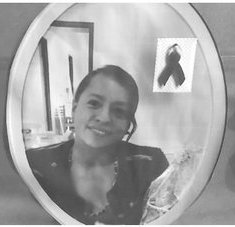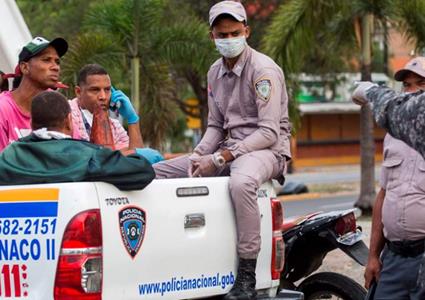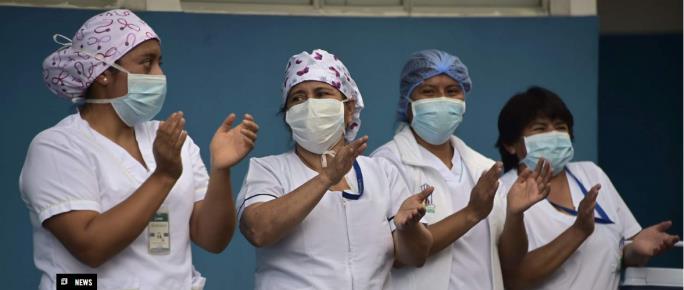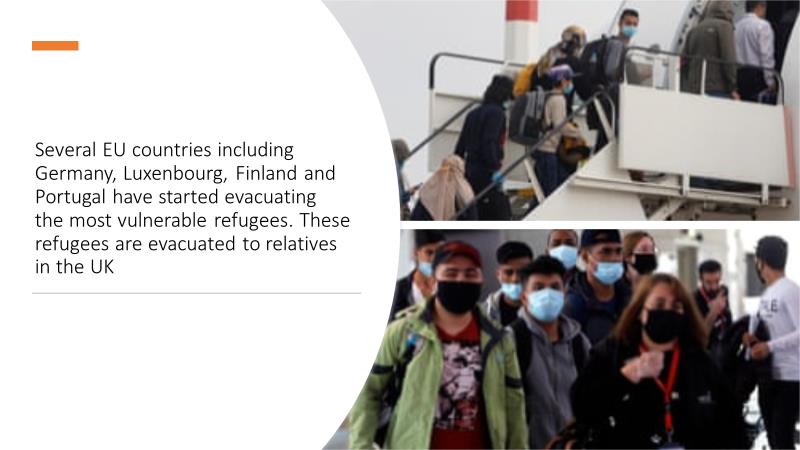This month we have a good news item from Colombia and an Urgent Action on Venezuela. The Colombia section explores the data on killings of human rights defenders (HRDs) plus the latest forced evictions and news on anti-personnel mines. We follow the fate of Venezuelan immigrants in Peru, the excessive use of force by the police in Chile, political developments in Venezuela and the granting of unsettling new powers to the armed forces in Ecuador. We provide links to Amnesty’s new films and stories on Women HRDs in Peru and news about a HRD in Chile. Police killings of predominantly Black young men in Rio and indigenous land rights are the focus in Brazil.

Nariño, Colombia. Killed 6 September 2019
COLOMBIA
Good news on last month’s Urgent Action! Since the COVID-19 lockdown started in Colombia, the indigenous community of ASEINPOME faced at least 2 security incidents.
Following pressure, including the appeals from Amnesty International’s supporters, the Technical Investigation Body of the Villavicencio Public Prosecutor’s Office visited the community of ASEINPOME with the intention to identify the attackers and stop them from further threatening the indigenous community. We will be in close contact with the indigenous community to assess their security situation and will swiftly react if there is a new security incident.
The Colombian NGO Somos Defensores (‘We are Defenders) reports that 124 Human Rights Defenders (HRDs) were killed in 2019, the second highest number since the organisation began recording deaths in 2010. This is by far the highest number of HRDs killed in the world (30% of the world’s total). The main reason for this high rate of killings is the ongoing conflict in Colombia in large part fuelled by the enormous profits from cocaine, which encompasses the cultivation of coca, its processing and export to consuming nations.
HRDs killed 2010 to 2019:
| 2010 | 2011 | 2012 | 2013 | 2014 | 2015 | 2016 | 2017 | 2018 | 2019 |
| 32 | 49 | 69 | 78 | 55 | 63 | 80 | 106 | 155 | 124 |
Most HRDs killed were from rural communities who are defending their land rights, many of them indigenous and Afro-Colombian.
HRD’s killed by category:
| Land Rights Defenders | Indigenous Leaders | Afro-Colombian Leaders | Environmental Defenders | LGBTI, Trade Union, Women, Academic | Total |
| 79 | 32 | 5 | 2 | 6 | 124 |
Although most perpetrators are unknown, of those who are known the vast majority were paramilitaries and dissident FARC. Paramilitaries are armed groups that were once linked to the Colombian Army, Dissident FARC armed groups are formed of FARC combatants, who did not lay down their arms in 2016, and the ELN (National Liberation Army) is not in peace discussions with the Government.
Perpetrators of HRD killings:
| Unknown | Paramilitaries | Dissident FARC | ELN | Armed Forces | Total |
| 82 | 21 | 16 | 4 | 1 | 124 |
Somos Defensores also reports that 47 Human Rights Defenders were killed in the first three months of 2020 almost double the number in 2019. Risks to HRDs increased as a result of the arrival of Covid-19 in Colombia. Restrictions on movements have impeded threatened HRDs from moving houses and the National Protection Unit has reduced its services.

The Colombian daily El Espectador reports 3 HRDs killed in the space of 48 hours at the end of June, including. Luz Miriam Vargas Castaño, indigenous woman from Paéz, Cauca, who was killed 26 June 2020. She led the ‘PazAdentro’ project financed by the European Peace Fund.
About 1,300 people of an indigenous community were forcibly displaced in the third week of May from Catrú in Chocó, Colombia. They were fleeing the conflict between various armed groups in their territory.
The magazine New Yorker commissioned a short film Demining sacred space in Colombia’s Amazon basin, which shows how the indigenous Siona people are destroying anti-personnel mines placed by FARC combatants to protect their jungle camps on Siona territory. Mine Action Review notes that ‘Colombia continues to be without an accurate baseline of anti-personnel mine contamination, making it difficult to measure progress, not least because its reporting of survey and clearance is inaccurate.’ [Read more…]
 Amnesty has launched a new campaign aimed at
Amnesty has launched a new campaign aimed at 
 Campaigning works ! Thank you to everyone who signed and circulated the petitions, contacted their MP and wrote to the Home Office. Several countries have now resettled vulnerable children (Portugal took 500 last week) and the UK has now relented and accepted 50 refugees to be reunited with families.
Campaigning works ! Thank you to everyone who signed and circulated the petitions, contacted their MP and wrote to the Home Office. Several countries have now resettled vulnerable children (Portugal took 500 last week) and the UK has now relented and accepted 50 refugees to be reunited with families.